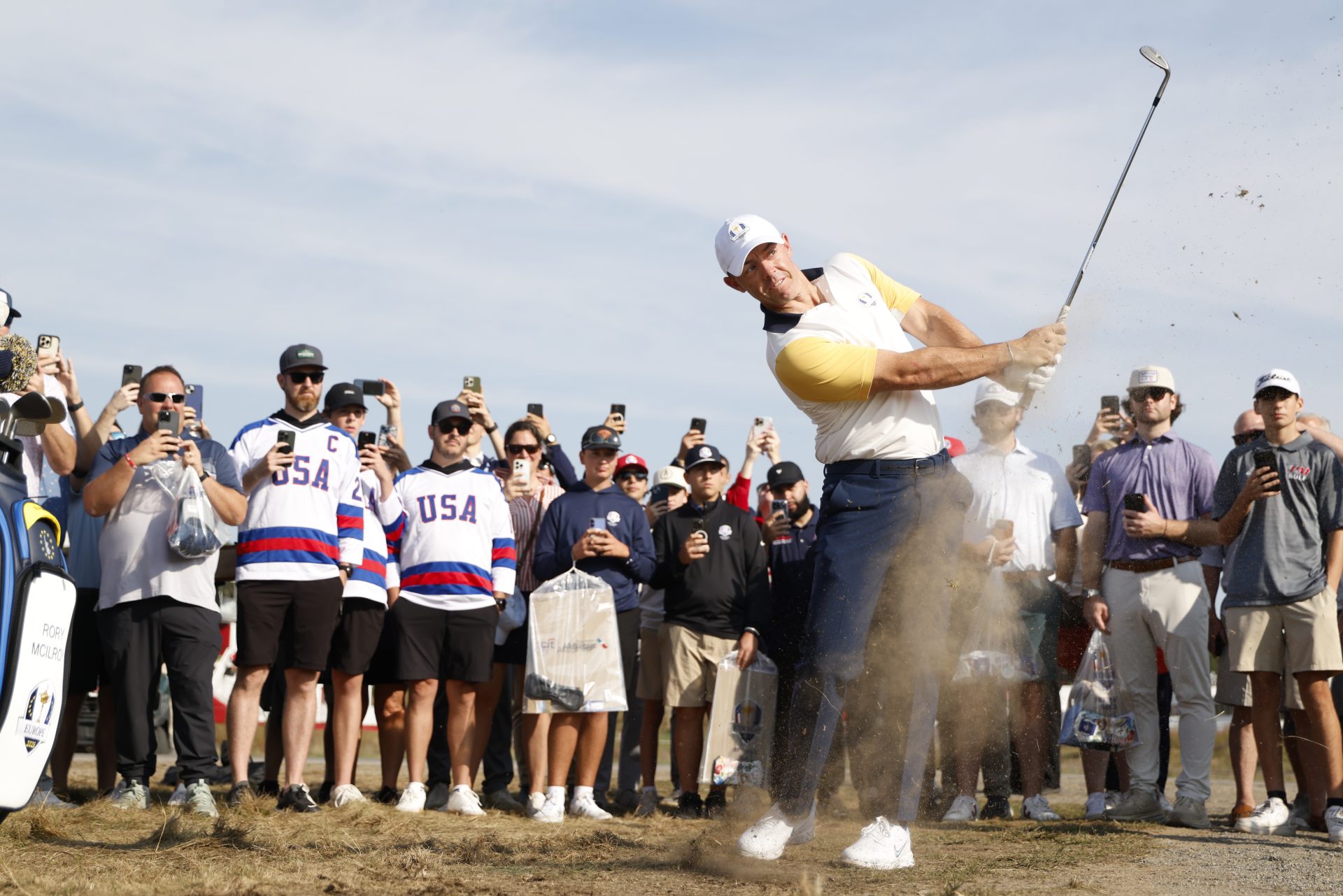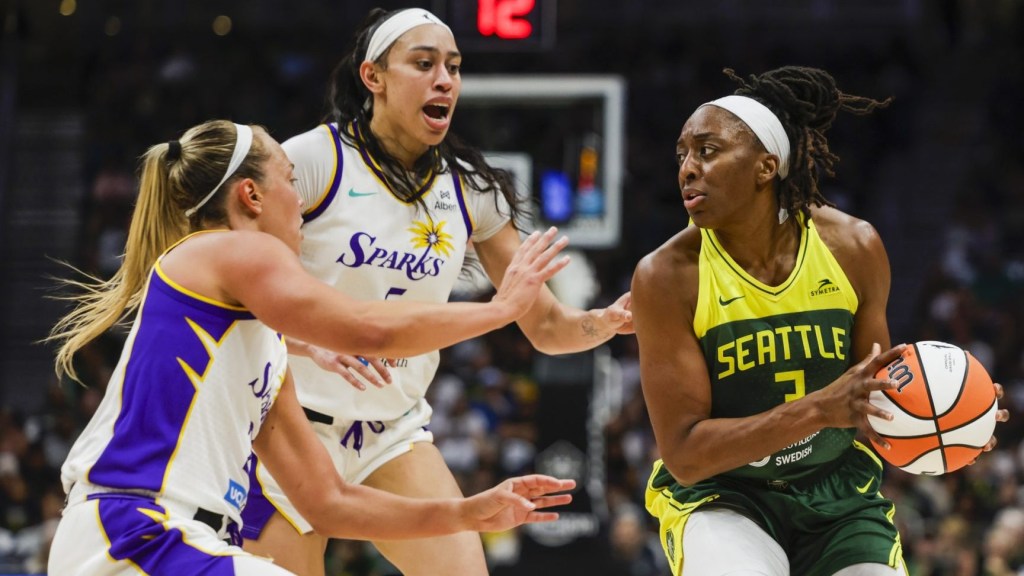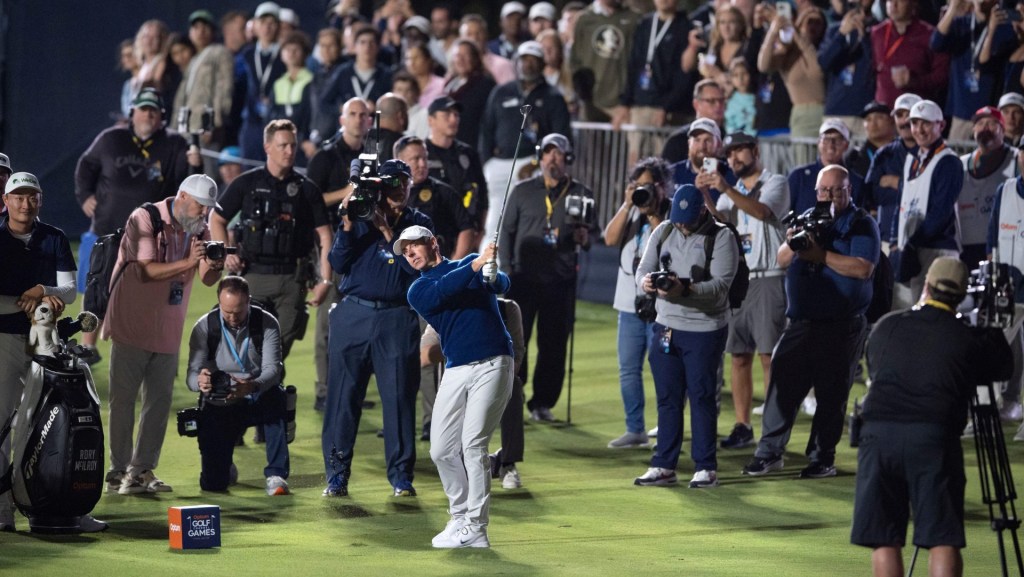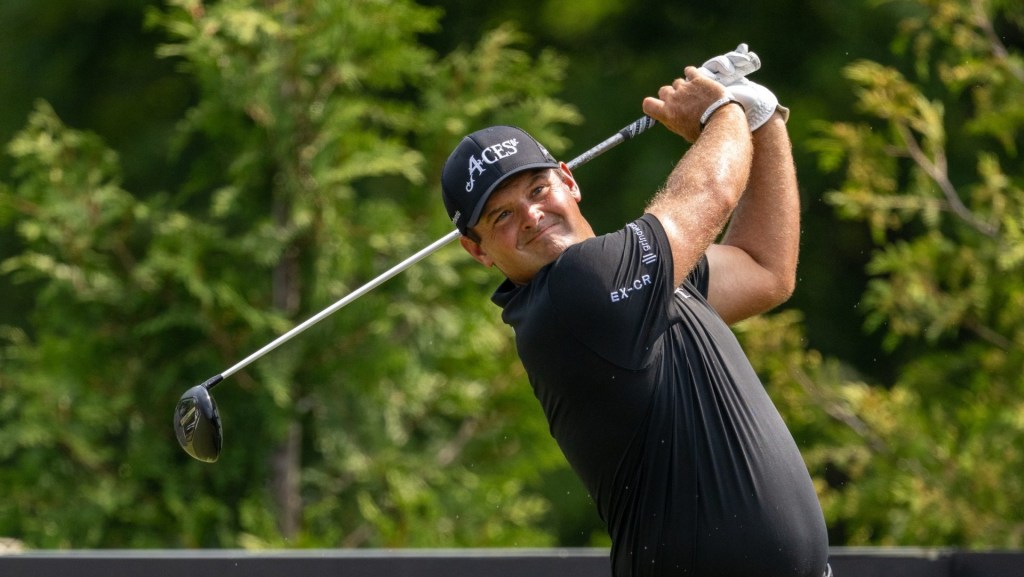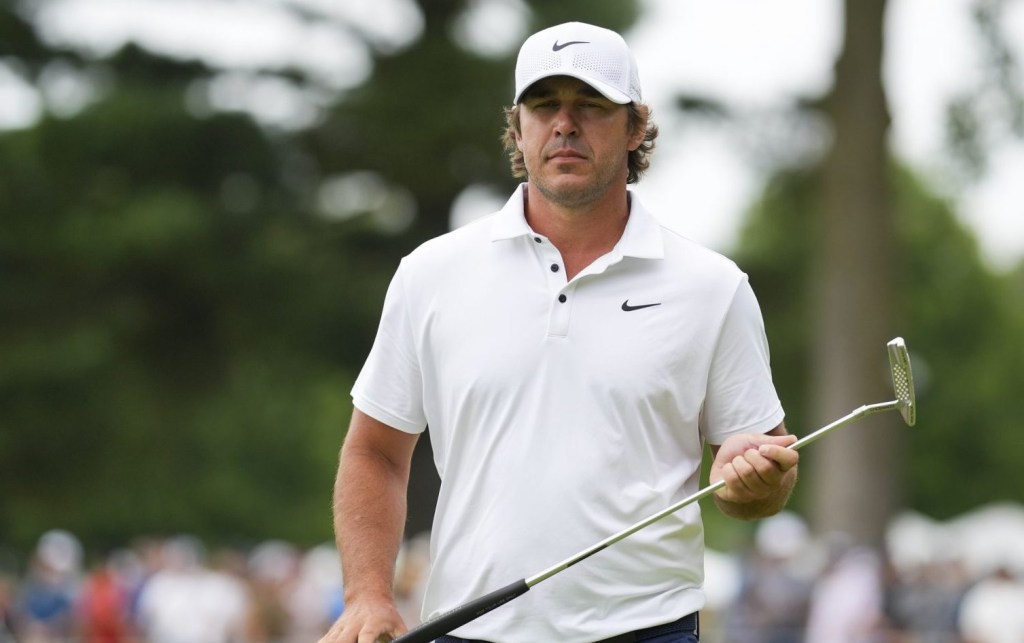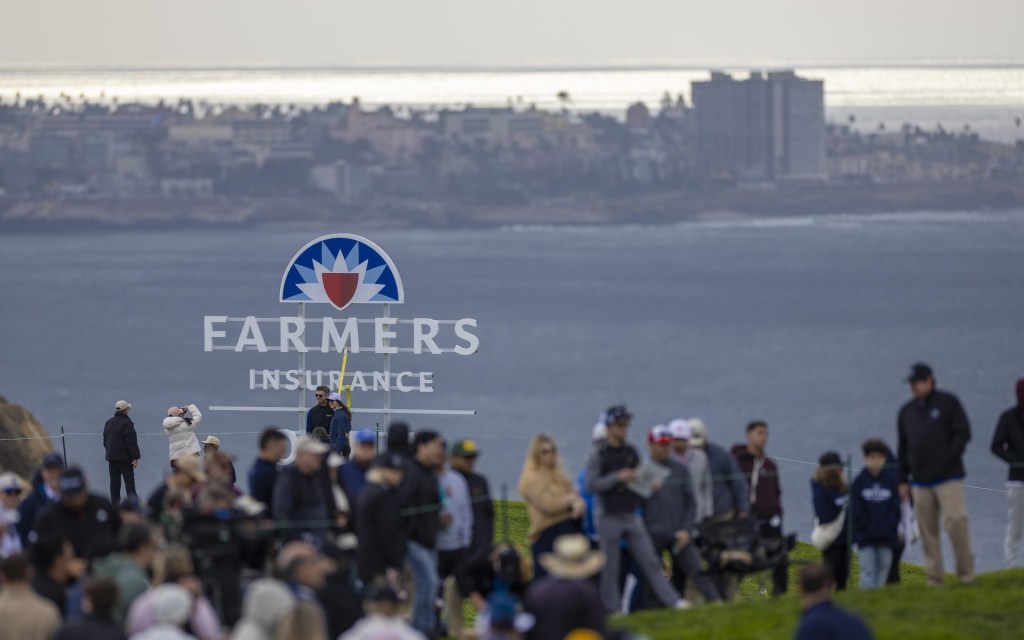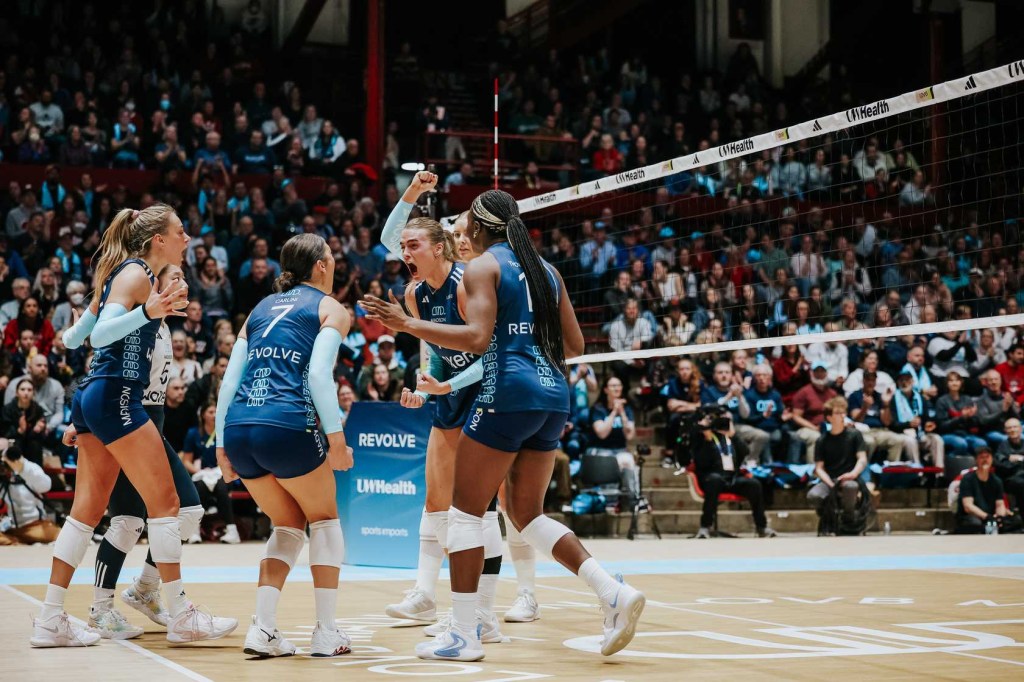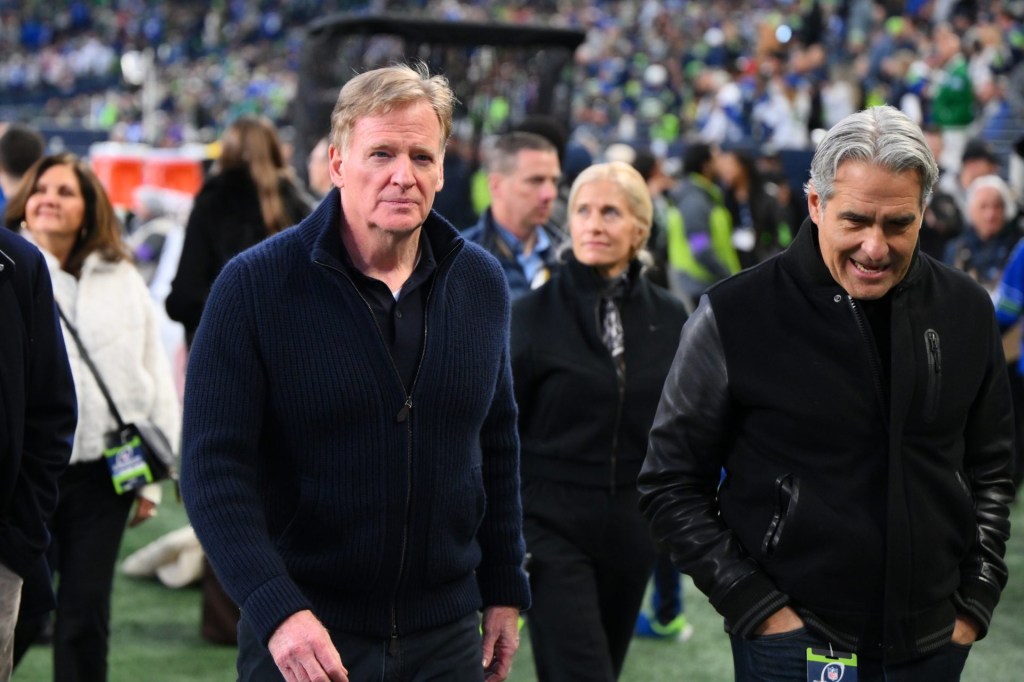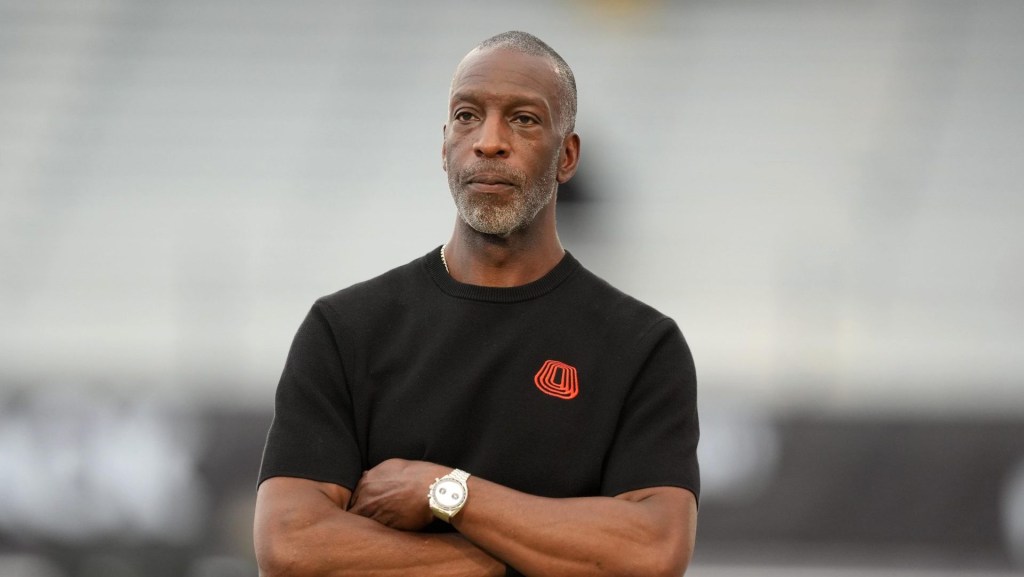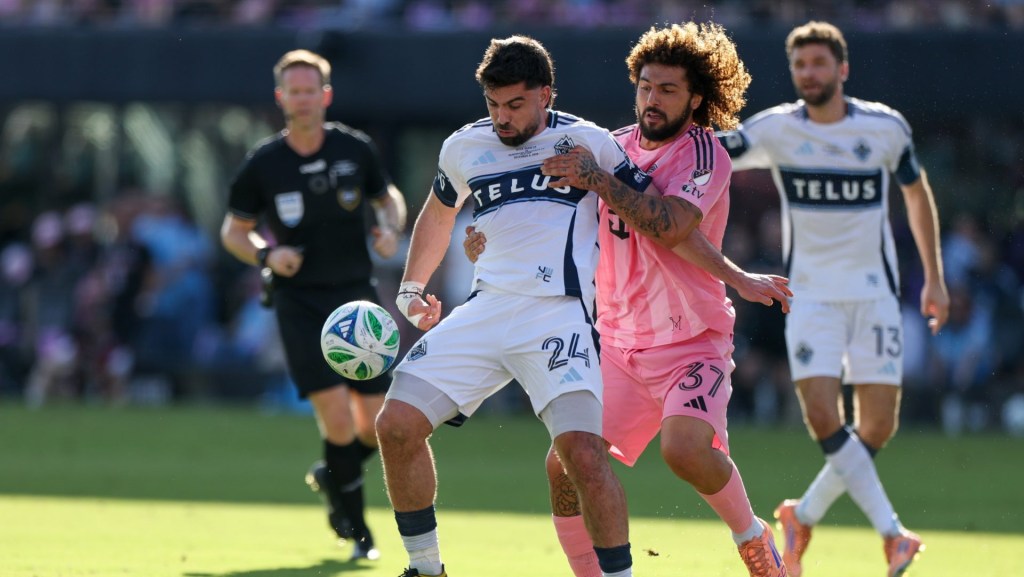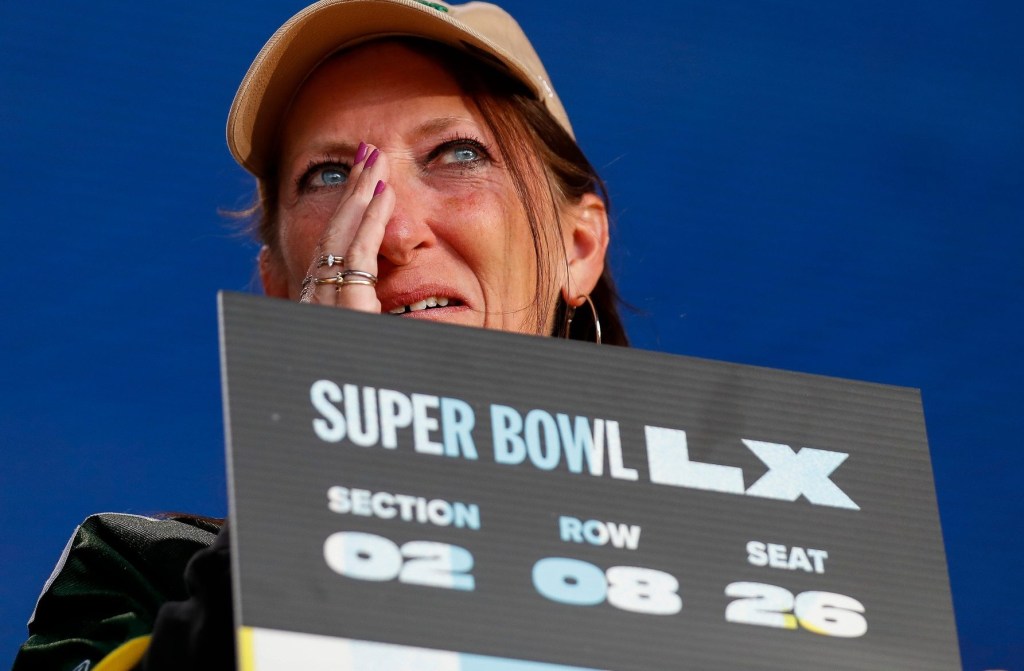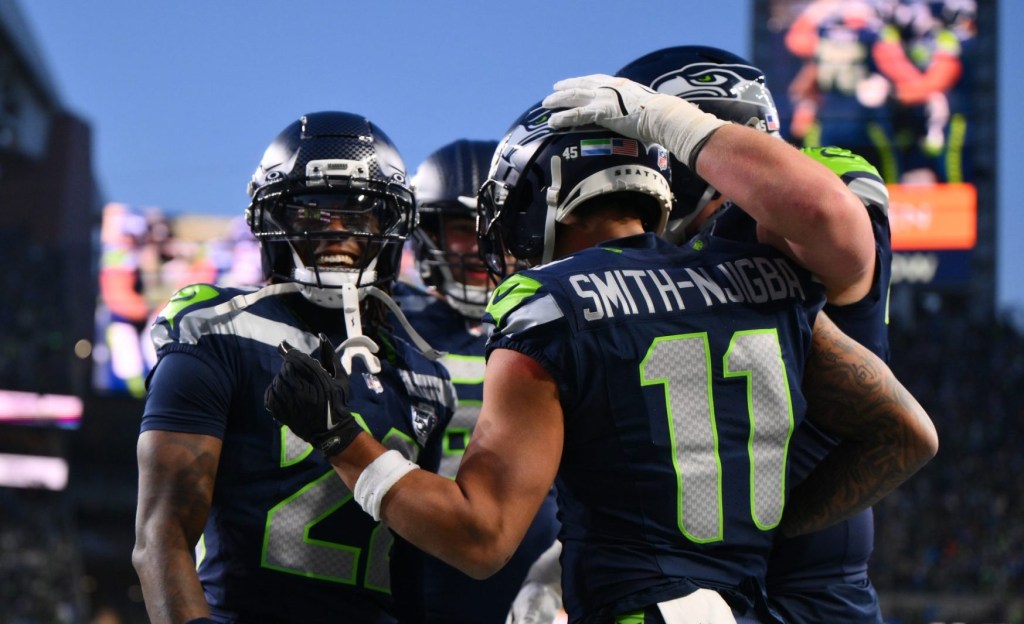FARMINGDALE, N.Y. — As the Ryder Cup prepares for a potentially record-breaking crowd this week at Bethpage Black Golf Course, players and organizers are also bracing for what could be the most hostile crowd in the event’s history.
“There’s a bunch of us in our team that have experienced away crowds—maybe not New York—but we have experienced away crowds before,” European captain Luke Donald said this week. “And we’ve certainly talked about it as a group, what you’ve learned, what you think you might have done well, what you think you might have changed.”
The “us vs. them” mentality of the Ryder Cup typically brings out more jeering than other golf tournaments, which will only be compounded by New Yorkers’ unwelcoming reputation toward visiting teams—a cause for concern ever since the PGA of America announced Bethpage as the host in 2013.
To prepare, Donald’s 12 players practiced while wearing virtual reality headsets that mimicked intense crowd noise and below-the-belt insults that could be a factor this weekend. And while Donald is simply focused on winning Europe’s first away Ryder Cup since 2012, others at Bethpage this week are worried about unruly crowd behavior putting a damper on the storied team golf competition.
“I hope it doesn’t cross the line,” NBC and Golf Channel analyst Brad Faxon said. “I know there will be certain times when it will cross the line.” Faxon’s colleague Paul McGinley shares a similar concern, saying sports fans have become “more aggressive in their tones than they might have been in the past.”
The most infamous example of poor fan behavior at a Ryder Cup actually happened just outside Boston in 1999. European captain Mark James said a fan spat at his wife, and Colin Montgomerie received so much heckling that his father left the course. After that week at The Country Club in Brookline, several European team members said they might skip future Ryder Cups in the U.S.
But Ryder Cup director Bryan Karns tells Front Office Sports the PGA of America “didn’t make any plans specifically for New York fans.” While Karns acknowledges they are “very passionate and certainly incredibly supportive,” he has confidence their sporting intelligence will “translate into the self-policing of people” who may be out of line.
So, what exactly will be considered going too far?
“There’s a balance, and I think it’s one of those things that we feel like we’ll know it when we see it,” Karns says. “We’ve all been doing this long enough to understand the difference between a lighthearted or in-the-spirit-of-the-event kind of comment to a player versus something about their family or something that really crosses the line.”
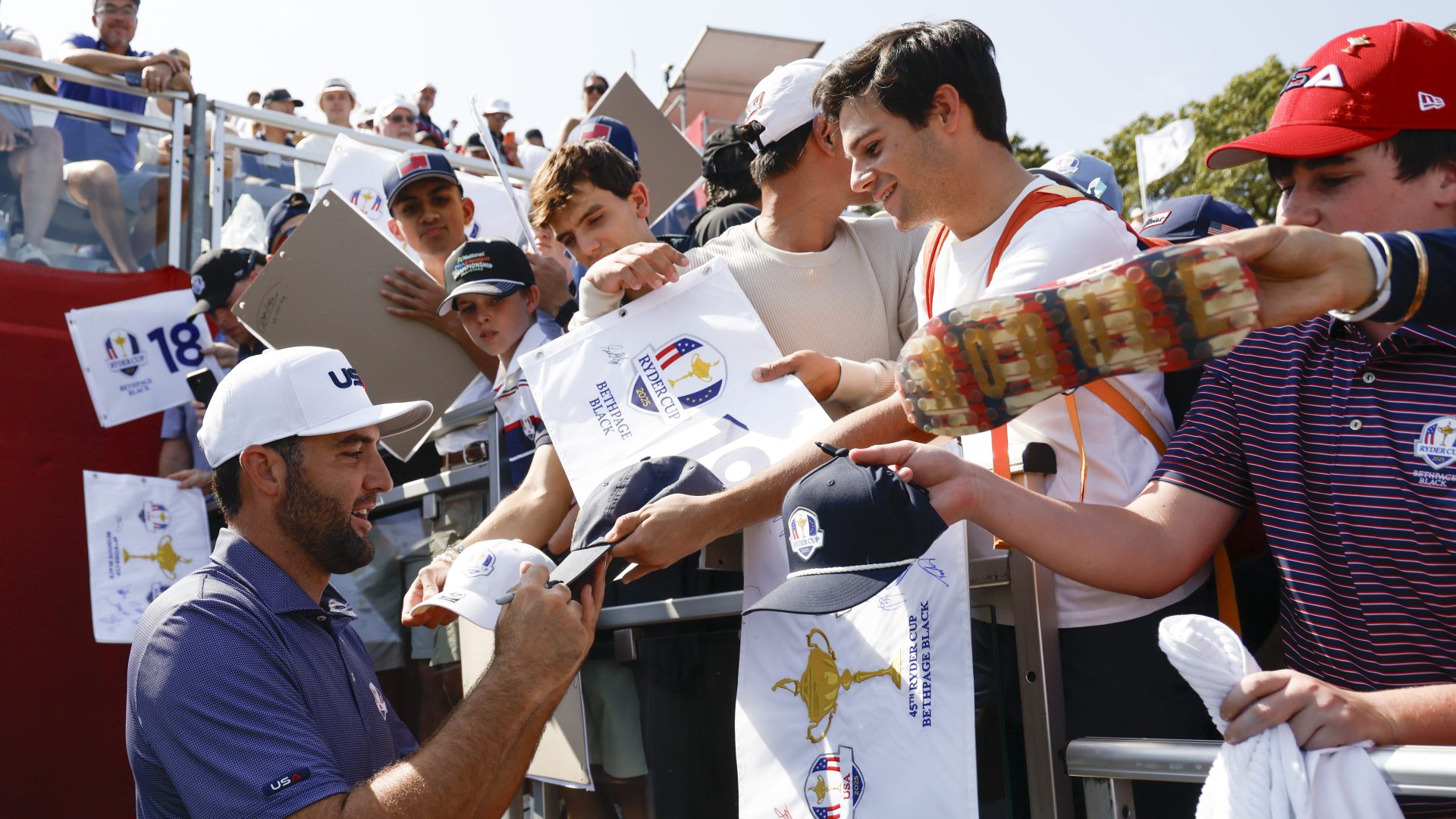
Of course, the crowd is seen only as a home field advantage for the U.S. team. Top qualifier Scottie Scheffler, who was born in New Jersey but spent most of his childhood in Texas, called being in New York “very special.” Patrick Cantlay, a California native, said, “They have a reputation for being fantastic, so I think everyone is really excited about playing their best golf in front of them.”
Adding to the frenzy around Bethpage is the fact President Donald Trump is planning to attend the opening round Friday. With 50,000 fans expected each round, organizers are putting enhanced security measures in place.
Still, barring Mother Nature, Karns is expecting to break the Ryder Cup attendance record of 271,000 set in Rome in 2023, crediting the vastness of Bethpage. “I mean, it’s a 1,400-acre state park,” he says. “So that helps alleviate some [challenges], so that we can hopefully maximize the number of people we put on-site.”
With the large crowds on tap, PGA of America chief commercial officer Jeff Price tells FOS that this Ryder Cup will break financial records, too. “It’s going to be the most economically significant event that we’ve ever been a part of,” Price says.
General-admission tickets, which include free food and nonalcoholic beverages, cost $750 for competition days—and sold out almost instantly after there were more than 500,000 registrants for the random selection process. On the resale market, Friday and Saturday passes are selling for more than $1,000, with Sunday still topping the face value at roughly $800.
Price cites those listings as evidence the PGA of America didn’t overprice tickets. “When I talk to New Yorkers, they’re like, ‘This is actually a really good, cheap option compared to going to other events in New York where you might be there for two hours and paying the same,’” he says.
